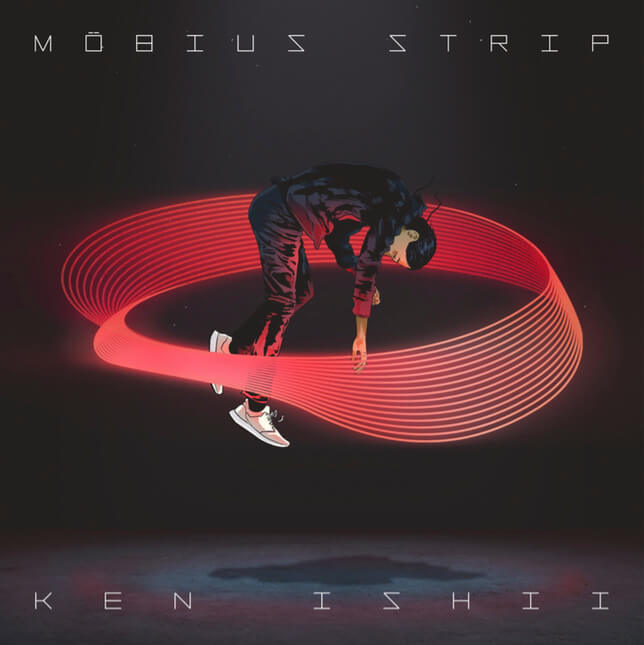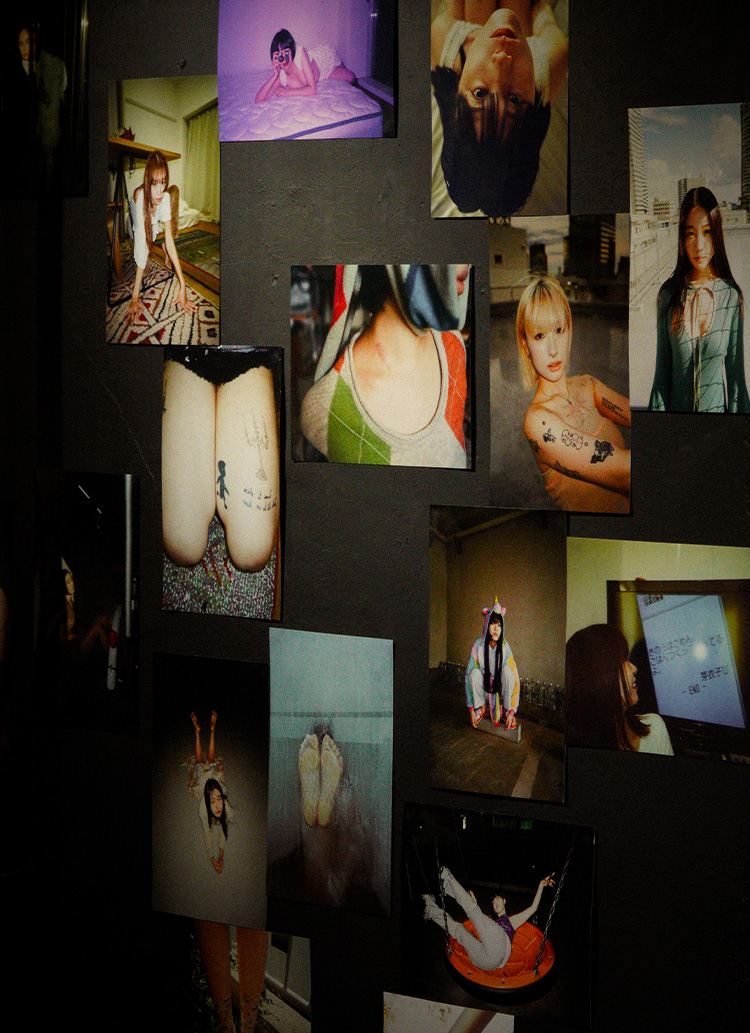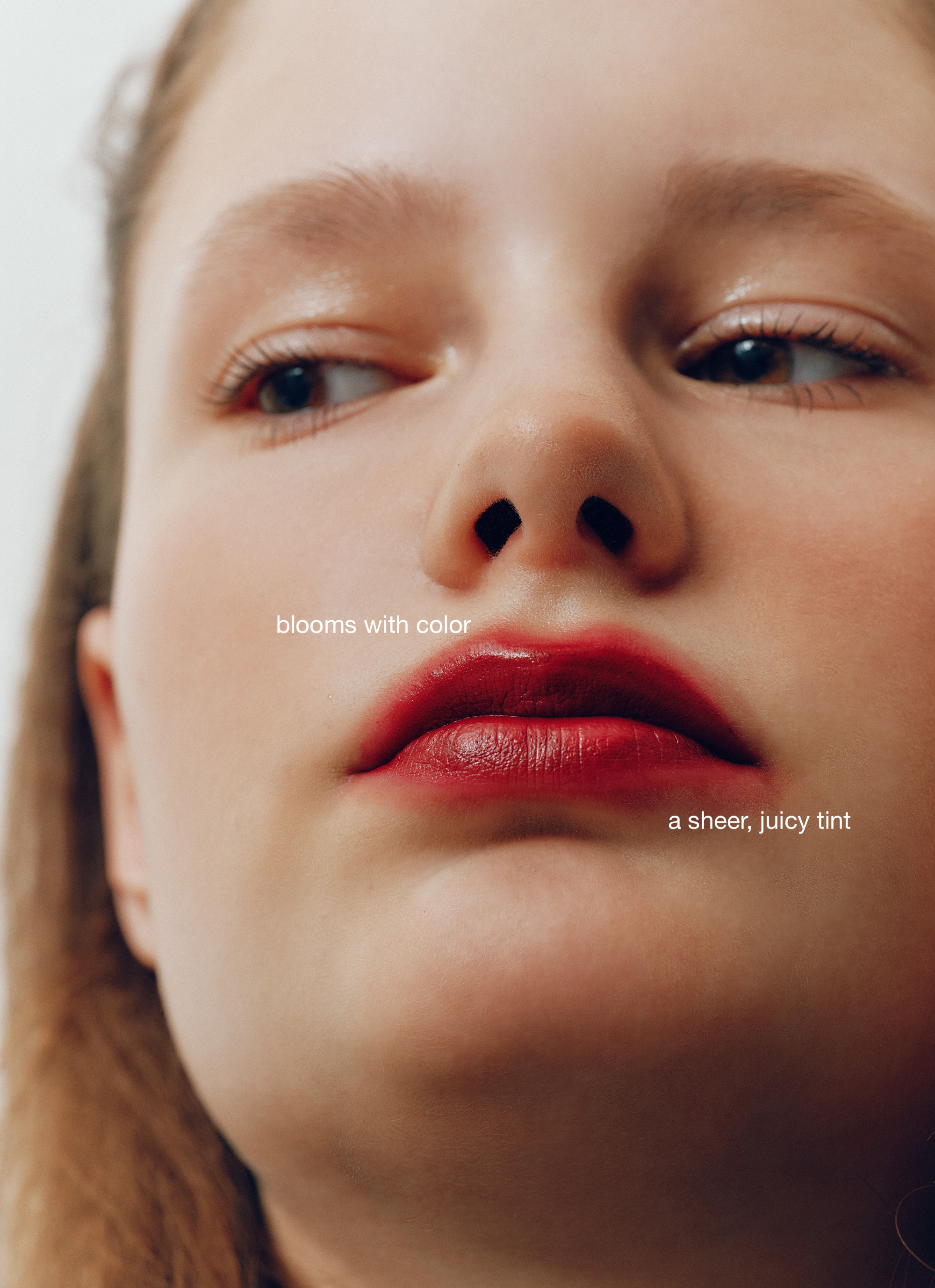If it doesn't change, then we have no choice but to pursue its essence to the end.
Do you feel the momentum of Asian countries in fashion as well?
Mihara:Young Korean and Chinese are interested in the cultures of other countries. So rather than wanting to wear my clothes, they want to know about clothes from different countries. I am very calm about this, and I think my brand is different from the trends.
KEN ISHII:Japan may not be very good at creating global trends. Instead, we are full of people with strong one-and-only personalities and craftsmanship. I think that is our strength. I think there are a lot of people who are attracted to the individuality within the scene rather than the scene itself.
Mihara:Yes, when you say it like that, our brand is not being compared to others.
KEN ISHII:In short, you have your own style. You are out of the mainstream in a good way.
Mihara:I am aware of this, but it is physically demanding to stay on the main road, and to be honest, it is impossible to do anything interesting. If you stay in the center of trends and the fashion business, you will become more and more inert and will not last long.
KEN ISHII:No matter what we create, it is important to ask why we did it. It is important to know why you did it. It is not just for the sake of continuity, but because you like it, because you enjoy it, and because it gives you a reason to do it. If you are going to create something you want to create, you should definitely have fun doing it.
Mihara:Yes, I know. But I really think I was lucky. I am the type of person who can do things on my own and people will say, "Well, it can't be helped if it's Mihara. It's just right that people laugh at me when I do strange creations (laughs).
KEN ISHII:That's about right.

Mihara:It is really only recently that I have come to a point of closure for myself. Up until now, I have valued myself as a person who changes with the times, but in the end, the essence of who I am remains the same. I have not changed to the extent that I think I am in trouble. In a sense, I am on the verge of giving up. If things don't change, then I have no choice but to do the things that don't change. I'm not talking about Outeka, but I'm talking about surviving by going your own way.
KEN ISHII:It's like me not wanting to do J-pop. All artists have a clear idea of what they want to do, and they started music because they want to do it. In the past, I received many offers to do J-pop, but I didn't want to do it, so I didn't do it.
Mihara:Have you ever done a remix?
KEN ISHII:Yes, I have that one. I did a remix of a song used in a movie called "Whiteout. I'm glad I was able to do what I wanted to do with it. The movie used the instrumental version.
Mihara:You did a song-along with Inner City, didn't you? At that time, I thought that Kenken could make a song.
KEN ISHII:I only made the tracks, and the singing was done by Inner City.
Mihara:Is that a data exchange?
KEN ISHII:That's almost always the case. But I still enjoy the primitive way of making music more. Just recently, I went to Spain and spent the whole time with Christian Varela, and we wrote and recorded a song together in a studio with a small set of equipment.
Mihara:I once made a track with Mr. Sawasaki (Yoshihiro).
KEN ISHII:When you collaborate on clothes and shoes, do you say, "I like it, I like it" as you make them?
Mihara:Most of the collaborations are spur of the moment. It is important to improvise, and sometimes the best things are those that are born out of the groove of the moment. We discuss things together at the desk, like, "Maybe we should do it this way. We discuss things together at the desk, like, "Maybe we should do it this way. Just because you go home and think about it slowly doesn't mean that you will come up with something good.
KEN ISHII:Then it's just like music.
Mihara:That kind of improvisation is pure, without regard for sales or trends.
KEN ISHII:When I make music, I tweak the knobs a little and say, "This is better.











